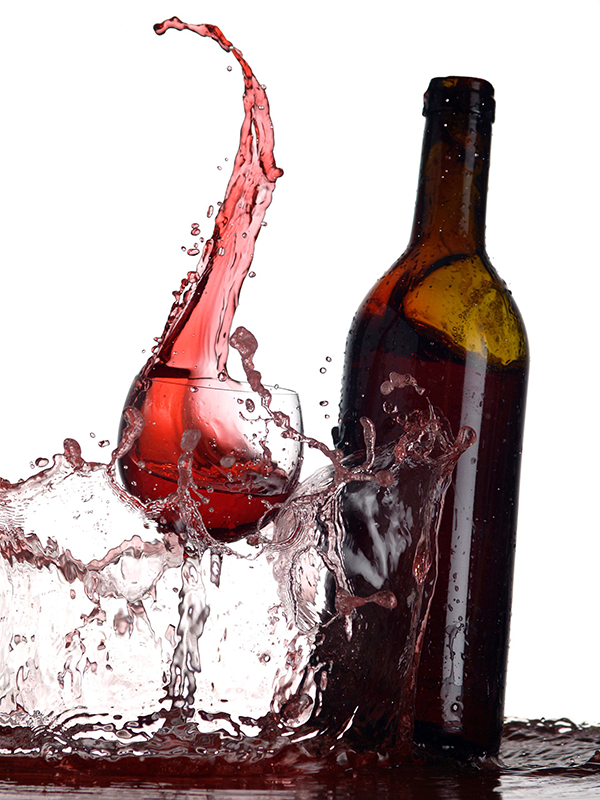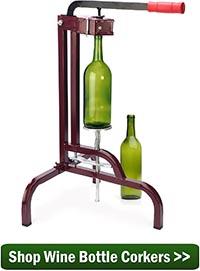 When you think about a wine you normally don’t think of it in terms of being in a good mood, humorous or even under-the-weather, but there is a term used by the wine making industry that might make you think that such terms are appropriate – bottle shock.
When you think about a wine you normally don’t think of it in terms of being in a good mood, humorous or even under-the-weather, but there is a term used by the wine making industry that might make you think that such terms are appropriate – bottle shock.
What Is Bottle Shock?
Bottle shock or bottle sickness is often used to describe a wine that has taken a plunge in quality. The overall impression of a wine going through shock can be described as flat or flabby, or just plain lacking in fruitiness and character.
In home wine making bottle shock usually happens right after bottling the wine. It can also happen again if an aging wine bottle is put through the tortures of shipping or transport.
It is referred to as a bottle shock because the effects are temporary and with a little rest the wine will come back to its good-ole self once again.
So, What Causes Bottle Shock, Anyway?
Bottle shock occurs when the wine absorbs too much oxygen in too little time. This is something that is likely to happen during bottling. It can also happen during shipping. Constant temperature changes and the sloshing of the wine in the bottle allows more air to pass through the cork than what is natural.
Wines can handle the slow, gradual infusion of air that is naturally allowed by wine corks. In fact, most red wines will benefit from such a scenario, but when the oxygen comes too fast a build-up of an element called acetaldehyde starts to become prevalent in the wine.
Acetaldehyde is naturally found in any wine, at least in small, unnoticeable amounts, but in higher amounts its presence can be detected as an odor of rotting apples or nuts. This is what’s noticed in wines that are suffering from bottle shock. The normal chain of events that happens during aging is disrupted by the production of an abundance of acetaldehyde.
Don’t Worry! The Effects Of Bottle Shock Are Mostly Temporary.
Over the course of time the acetaldehyde will slowly convert to alcohol, bringing the wine back into line with something enjoyable to drink. How long this takes depends on the severity of the bottle sickness. It could be as little as a few days or as long as a few weeks.
This is just one more reason why aging is so important in wine making. In theory, you could pick up a newly bottled wine from your cellar one week and wonder why it’s so lifeless or even bitter, then the next week be overwhelmed by its superb flavor. Bottle shock can come and go that quick.
—–
Ed Kraus is a 3rd generation home brewer/winemaker and has been an owner of E. C. Kraus since 1999. He has been helping individuals make better wine and beer for over 25 years.
